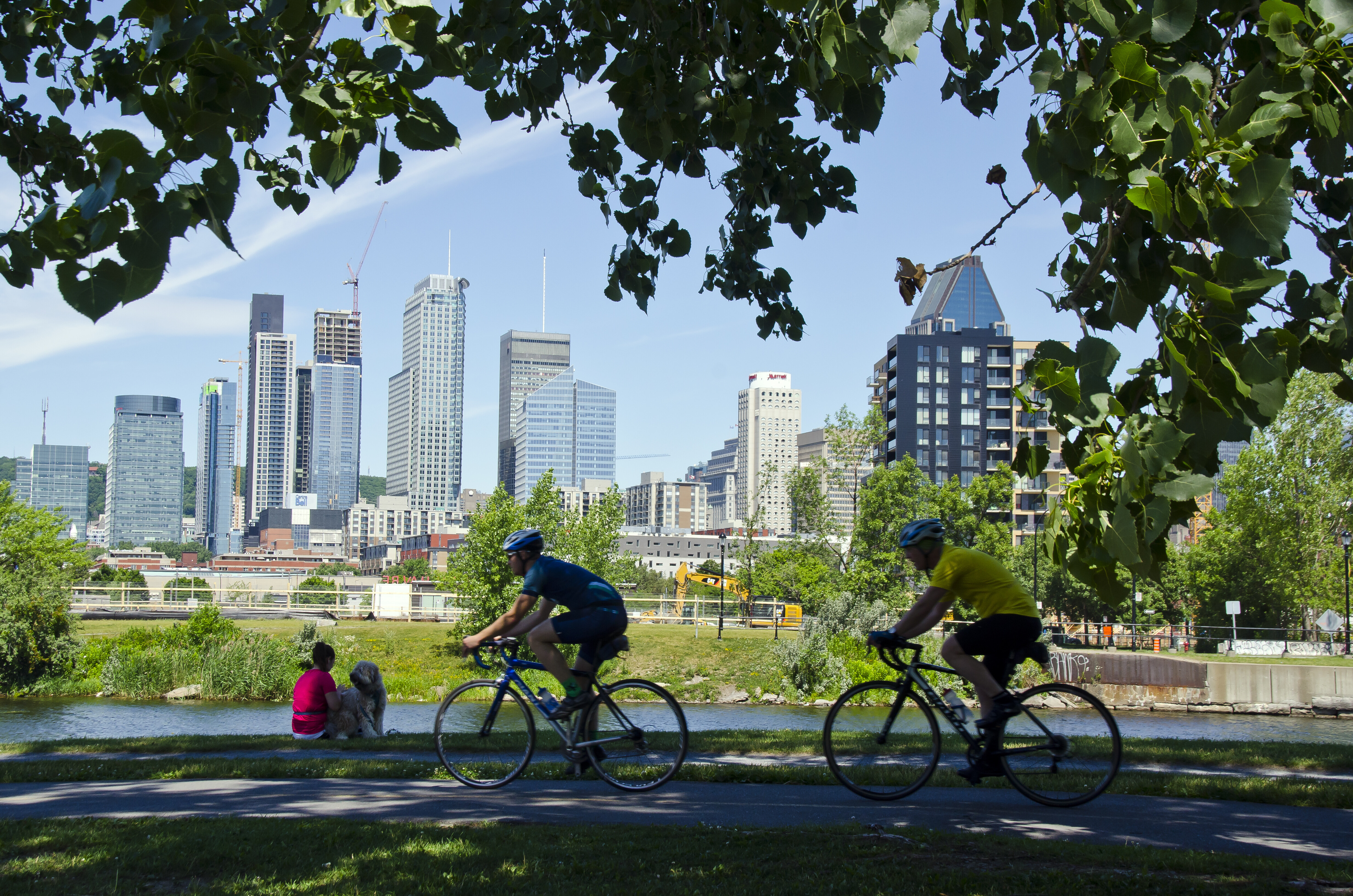The mini-gardens cheering up London's commuters

A UK company aims to brighten up London Overground platforms by planting gardens in 50 stations over the next two years Image: REUTERS/Kevin Coombs
For most London commuters, train stations are a means to an end: soulless, a bit grimy, and inevitably home to a clutch of mangey pigeons.
But in an attempt to bring a sense of community to local areas, as well as lift the spirits of people doing the daily grind, a start-up is transforming platforms into thriving gardens.

Energy Garden, a partnership between community energy scheme Repowering London, charity Groundwork and local government body Transport for London, is aiming to plant gardens in 50 London Overground platforms over the next two years. Each garden is planted and maintained by local residents.

Alongside food growing plots, the gardens will also generate solar energy to provide a renewable power source for on-site lighting, water pumps and other small-scale station amenities.
And the scheme is already well under way. Over 20 stations so far have greener platforms thanks to local communities, from a living wall of plants and bug houses at Penge West, to a fruit orchard at Willesden Junction. One team has even managed to brew beer from hops grown in a station garden.

The Energy Garden team hopes that boosting local greenery will serve to clean the local air, as well as promote food and energy security.
Wider plans for the scheme include introducing solar arrays on rooftops and brownfield sites in order to generate income to support maintenance of the gardens.
The pigeons probably approve too.
Don't miss any update on this topic
Create a free account and access your personalized content collection with our latest publications and analyses.
License and Republishing
World Economic Forum articles may be republished in accordance with the Creative Commons Attribution-NonCommercial-NoDerivatives 4.0 International Public License, and in accordance with our Terms of Use.
The views expressed in this article are those of the author alone and not the World Economic Forum.
Stay up to date:
United Kingdom
Related topics:
Forum Stories newsletter
Bringing you weekly curated insights and analysis on the global issues that matter.







